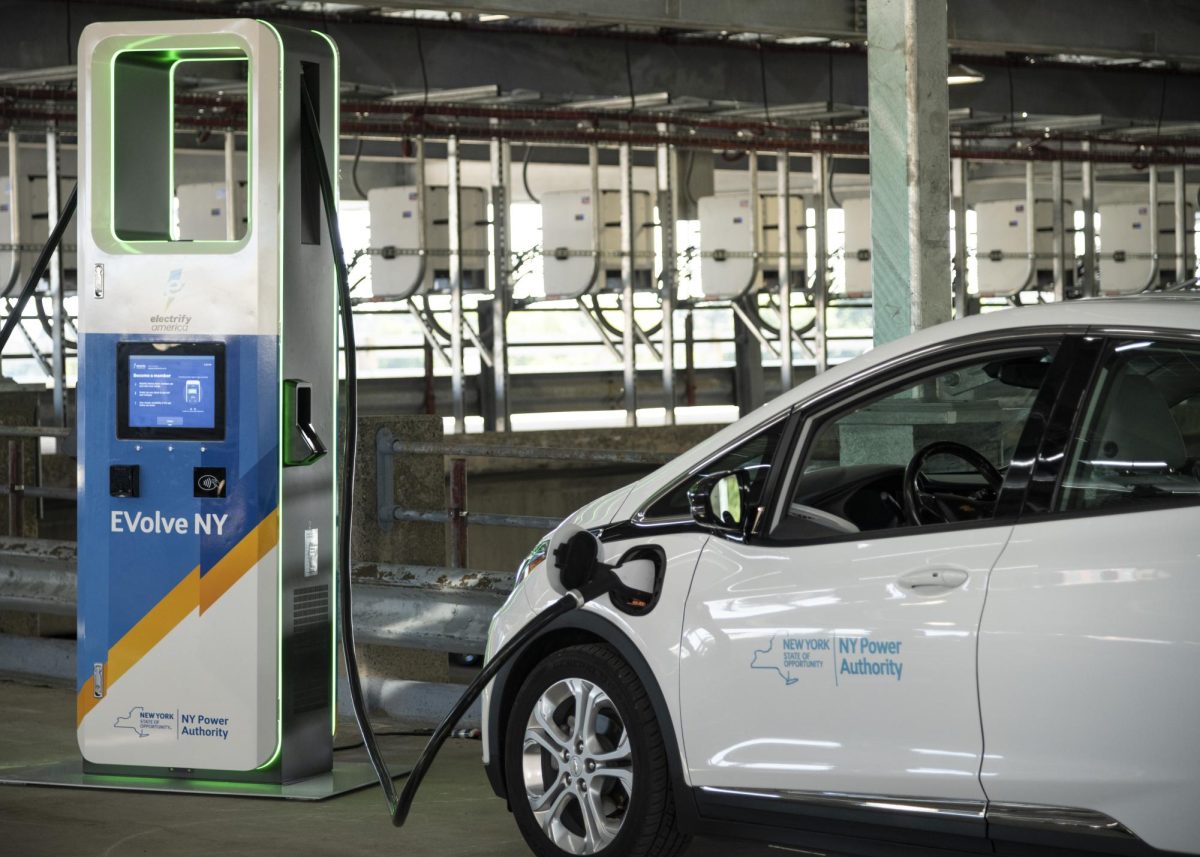New research suggests that widespread adoption of electric vehicles in the U.S. could bring significant improvements to public health by reducing air pollution, with potential economic savings between $84 billion and $188 billion by 2050. This study, led by researchers from the University of Toronto’s Department of Civil and Mineral Engineering, underscores the profound public health implications of electrifying the transportation sector.
The study reveals that switching from internal combustion engine vehicles to EVs could reduce harmful emissions such as nitrogen oxides, sulfur oxides and particulate matter, all of which are linked to respiratory and cardiovascular illnesses. These pollutants, commonly produced by fossil fuel combustion, pose significant public health risks, particularly in low-income and marginalized communities that are disproportionately affected by air pollution.
Professor Marianne Hatzopoulou, a co-author of the study, emphasized that while climate change is often the focus when discussing EVs, the reduction of non-CO2 pollutants is equally important. “Internal combustion vehicles produce many air pollutants that have a significant, quantifiable impact on public health,” she said.
The research team used computer simulations to model two future scenarios. In the first, no further EVs are adopted and internal combustion vehicles are gradually replaced with newer, more efficient models. In the second, all new vehicles sold by 2035 are electric, a target aligned with the goals of several countries, including Canada.
The study’s dynamic approach also factored in long-term changes to both vehicle emissions and electricity generation, offering a comprehensive view of how health outcomes could evolve over time. This forward-facing perspective allowed the researchers to highlight that newer internal combustion vehicles may yield short-term benefits, but the long-term health gains from fleet electrification are more substantial.
The potential economic impact of the health benefits from EV adoption is substantial. The study estimates that aggressive electrification of the U.S. vehicle fleet could save the country between $84 billion and $188 billion by 2050 due to reduced air pollution and the subsequent decrease in pollution-related illnesses.
These savings would largely stem from lower healthcare costs, improved quality of life and fewer premature deaths caused by exposure to harmful pollutants. Even in scenarios with less aggressive grid decarbonization, the health and economic benefits still amount to tens of billions of dollars.
However, the researchers caution that these benefits are only achievable if the electric grid continues to transition to low-emission and renewable energy sources. Without a greener grid, the health gains from EV adoption could be negated by emissions from fossil-fuel power plants, resulting in a potential economic disadvantage of $32 billion to $71 billion.
While EV adoption offers significant potential to improve public health, the researchers stress that it should not be viewed as a standalone solution that can meet Paris Agreement targets by itself. Complementary strategies such as investments in public transit, active transportation like cycling and walking and higher housing density are essential to reduce overall vehicle dependency and achieve broader climate goals.
As more countries commit to reducing greenhouse gas emissions and improving air quality, the findings of this study highlight the dual benefits of transitioning to electric vehicles. Not only can EV adoption help mitigate climate change, but it also presents an opportunity to improve public health on a large scale.
The road to a healthier future, the researchers conclude, lies in the simultaneous decarbonization of both the transportation sector and the energy grid. By taking action today, the U.S. can unlock billions in economic savings while protecting the health of future generations.
Categories:
Large-scale adoption of electric vehicles improves air quality and human health
Ali Hussain, Science & Technology Editor
October 28, 2024
More to Discover
About the Contributor

Ali Hussain, Science & Technology Editor
Ali Hussain is the Science & Technology Editor for The Ticker.








